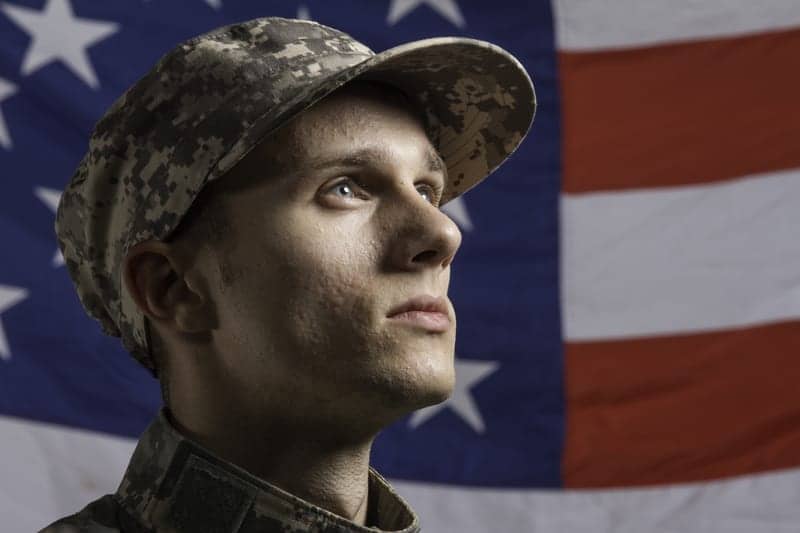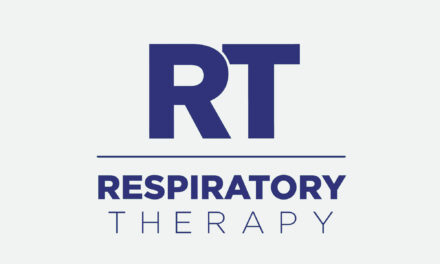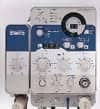A new pilot study in the Journal of Clinical Psychiatry provides an early glimpse of how veterans suffering from post-traumatic stress disorder (PTSD) may benefit from nitrous oxide, commonly known as laughing gas.
For military veterans suffering from PTSD, symptoms such as anxiety, anger and depression can have a devastating impact on their health, daily routine, relationships and overall quality of life, according to the study authors at the University of Chicago Medicine and the Stanford University School of Medicine from the VA Palo Alto Health Care System.
“Effective treatments for PTSD are limited,” said anesthesiologist Peter Nagele, MD, chair of the Department of Anesthesia and Critical Care at UChicago Medicine and coauthor of the paper. “While small in scale, this study shows the early promise of using nitrous oxide to quickly relieve symptoms of PTSD.”
The findings, based on a study of three military veterans suffering from PTSD, could lead to improved treatments for a psychiatric disorder that has affected thousands of current and former members of the military.
For this new study, three veterans with PTSD were asked to inhale a single one-hour dose of 50% nitrous oxide and 50% oxygen through a face mask. Within hours after breathing nitrous oxide, two of the patients reported a marked improvement in their PTSD symptoms. This improvement lasted one week for one of the patients, while the other patient’s symptoms gradually returned over the week. The third patient reported an improvement two hours after his treatment but went back to experiencing symptoms the next day.
“Like many other treatments, nitrous oxide appears to be effective for some patients but not for others,” explained Nagele, who is a veteran of the Austrian Army. “Often drugs work only on a subset of patients, while others do not respond. It’s our role to determine who may benefit from this treatment, and who won’t.”










